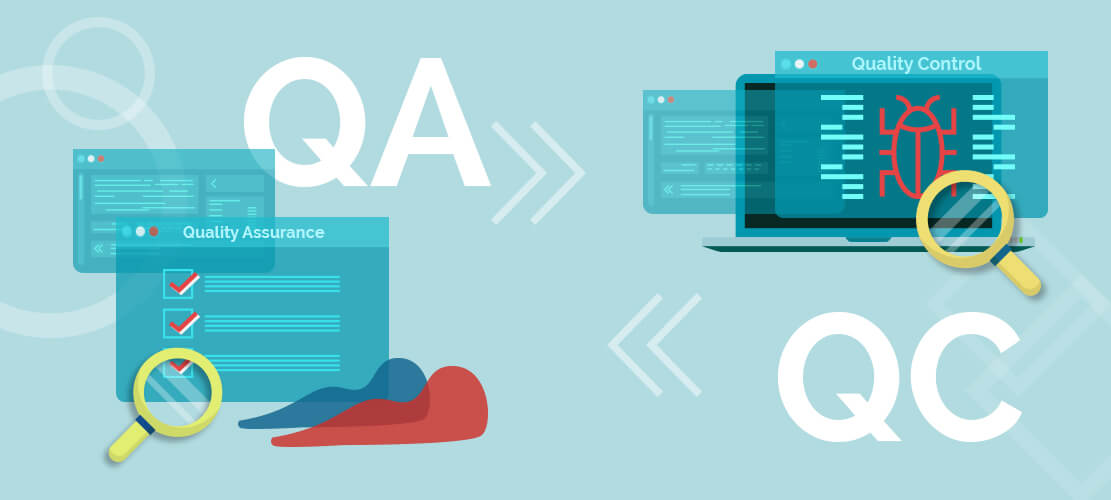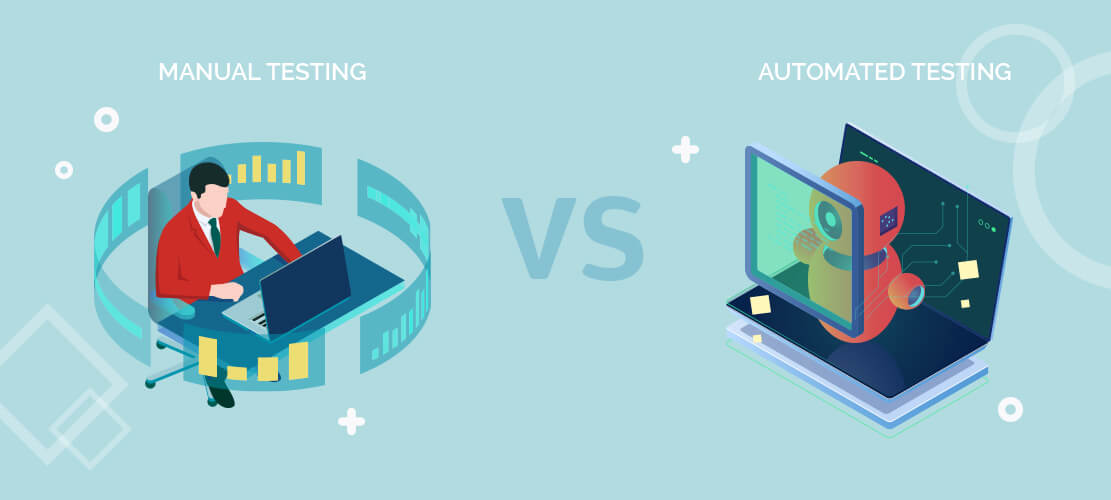
4 myths about Quality Assurance (QA)

Content Map
More chaptersEver wondered what are the myths of quality assurance? Here are the top 4 myths about QA and the real explanation for them.
Have you ever found an app you absolutely love, yet have to give it up due to the amount of bugs it has? Did you know that, according to Benchmarks, only 29% of mobile developers do exploratory testing? Some might not be fully informed of how important QA role in teams is, or just assume that QA testers are mostly just people who are involved with automated tests to make sure the software is working properly before launch. This article is here to explain some of the greatest QA myths up to date, and what value can QA bring into the final product, exactly.
1. The developers should do the QA themselves
Some people believe that any developer can, and should, do the testing themselves. Yes, this is true in some small companies, however, this is not optimal. Developers will only look at their software the way they want it to work. It is important for QA specialists to test the software outside of the scope of features, which developers might not be able to do themselves. In addition, testing a software with a fresh mind of how it works is necessary for a fool-proof testing procedure.

2. A good QA can and should ensure 100% bug-free product
The goal of QA is to prevent any bug possible while making sure the software works as intended. This, however, can only reduce deflects to a minimum. It is close to impossible to identify all possible defects, especially in a complex software. Some bugs and errors can only be found after the software goes live. That is why Quality Control is there to make sure that all leftover issues/bugs can be addressed and fixed at any time

3. QA and QC are the same
Some companies might use the terms QA and QC interchangeable, however, their functions are totally different. Both requires a lot of repetitive testing and making sure that the software is running properly, however, while QA’s purpose is to prevent bugs and errors in the initial and development stage, while QC is there to detect them before or after the launch. QA has to be completed before QC.

4. Automated testing is more needed than manual testing
Automation testing is awesome, but saying that it is more important than manual testing, or testing can be done 100% automated, is a huge mistake. It is true that thanks to automation testing, manual testing has been reduced to a minimum while increasing efficiency and accuracy, however, human touch is still required to “feel” if something is good enough, for example, if the UI/UX “feels” right, or if the theme portrays the software’s purpose.







